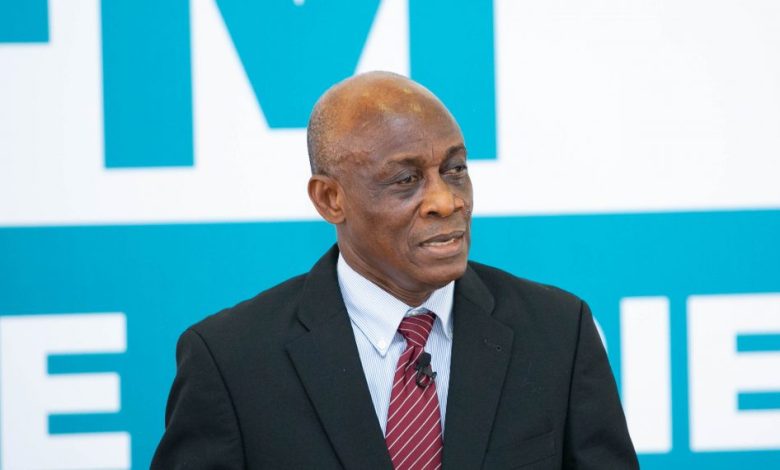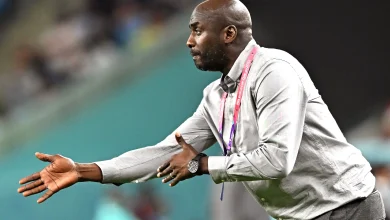
Former Finance Minister Seth Terkper has raised concerns about the substantial debt burden awaiting the next government in 2024.
During a recent media briefing on Ghana’s IMF program and debt restructuring, Terkper highlighted the depletion of the country’s financial reserves and buffers, essential for economic stability.
Terkper outlined a number of important problems that the existing budgetary system falls short of addressing.
He drew attention to the fact that important aspects of Ghana’s economic difficulties, like interest payments, arrears, and amortization, are not included in the non-interest spending requirements.
He stated:
“The next administration will be saddled with a significant debt burden,”
“Our reserves and financial buffers, which provide essential leverage for economic management, have been nearly exhausted. This situation has been exacerbated by our reliance on the Primary Balance, which, given the IMF’s data, will only lead to complacency again.”
“Using the Primary Balance as a measure of fiscal health excludes critical elements like interest payments, arrears, and debt repayments,” Terkper explained. “For example, arrears, including those in the energy and banking sectors, were estimated to be GHC 53 billion in 2021. A portion of this has been added to the public debt, yet it is not reflected in the fiscal framework’s ‘financing’ section.”
Additionally, Terkper cautioned against hasty celebration of apparent economic advancement, pointing out that it is mostly the result of the sacrifices made by foreign and domestic lenders who have taken haircuts and would continue to do so.
“There is no need to be jubilant,” “The view that we have made progress is premised on the sacrifices and largesse of domestic and external lenders. Our legacy may not make us third-time lucky. After HIPC (forgiveness), we should not have defaulted again. We should have continued on the PRMA path, managing crises with significant inflows from our oilfields and the recent IMF tranches and donor support.”
Terkper’s cautions serve as a sobering reminder of the impending economic difficulties and the vital necessity of sound fiscal management and economic policies as the next election draws near.
Over 4% of GDP was added to Ghana’s primary fiscal balance last year, according to the IMF.
Read Also: Ghana Secures $2 billion Loan From Korea To Boost Economy



